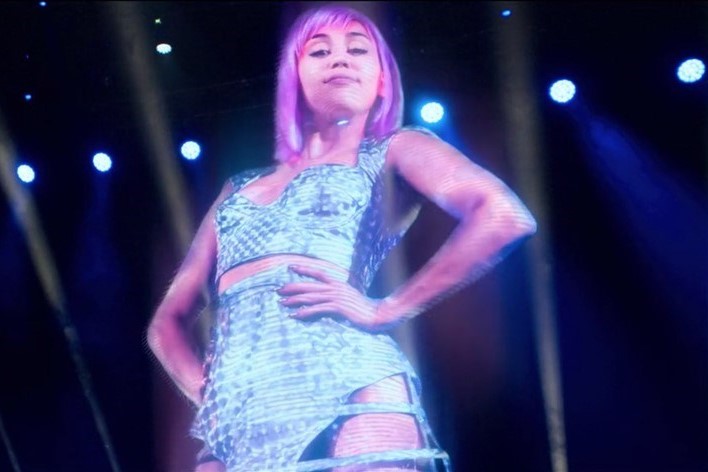From the moment text-to-image models like DALL-E and Midjourney hit the mainstream in 2022, casting uncertainty over the future of human creativity and authorship, it seemed pretty clear that other art forms would follow, provoking a similar sense of upheaval. Sure enough, a host of the world’s biggest music labels just effectively declared war on generative AI, via the very un-glamorous avenue of copyright law.
Universal Music Group, Warner Records, and Sony Music Entertainment are some of the big hitters who are suing the developers of music generators Suno AI and Udio AI, according to an announcement made by the Recording Industry Association of America on Monday (June 24). Their claim? Suno and Uncharted Labs – the company behind Udio – have exploited decades of recorded works to train their models to “spit out” similar work with a few short prompts.
In case you’re not caught up on the field of AI music-making: Suno, which has been billed as a ChatGPT for music, released its first product in 2023, which allows users to generate free music tracks – with or without lyrics – with a 200-word prompt. Udio arrived in April with a similar deal, though it’s probably most famous for the creation of Metro Boomin’s “BBL Drizzy”, a parody of the Drake/Kendrick Lamar beef.
The case against Suno was filed in federal court in Boston, while the other case was filed against Uncharted Labs in New York. The RIAA has accused the two “multi-million-dollar music generation services” of “the mass infringement of copyrighted sound recordings copied and exploited without permission”. Big Music isn’t going easy on the AI companies, either, asking for compensation of $150,000 (just under £120,000) per work.
Unsurprisingly, at least one of the AI companies seems to be laying the groundwork to fight back against the lawsuit. “Our technology is transformative; it is designed to generate completely new outputs, not to memorise and regurgitate pre-existing content,” says Suno CEO Mikey Shulman, in response to the legal drama. “That is why we don’t allow user prompts that reference specific artists.”
“We would have been happy to explain this to the corporate record labels that filed this lawsuit (and in fact, we tried to do so),” Shulman adds, “but instead of entertaining a good faith discussion, they’ve reverted to their old lawyer-led playbook.”
Udio hasn’t immediately responded to requests for comment on its impending legal troubles.
Despite some artists embracing AI in their work, the music industry at large has expressed concerns about the technology’s potential disruption. In March 2024, Tennessee signed the ELVIS Act into law, with the aim of protecting musicians from AI deepfakes. A month later a group of celebrity artists, including Billie Eilish and Nicki Minaj, also signed an open letter condemning the “predatory” use of AI in music, saying: “This assault on human creativity must be stopped.”
!function (f, b, e, v, n, t, s) {
if (f.fbq) return; n = f.fbq = function () {
n.callMethod ?
n.callMethod.apply(n, arguments) : n.queue.push(arguments)
}; if (!f._fbq) f._fbq = n;
n.push = n; n.loaded = !0; n.version = ‘2.0’; n.queue = []; t = b.createElement(e); t.async = !0;
t.src = v; s = b.getElementsByTagName(e)[0]; s.parentNode.insertBefore(t, s)
}(window,
document, ‘script’, ‘https://connect.facebook.net/en_US/fbevents.js’);
fbq(‘init’, ‘357833301087547’);
fbq(‘track’, “PageView”);
Source link
